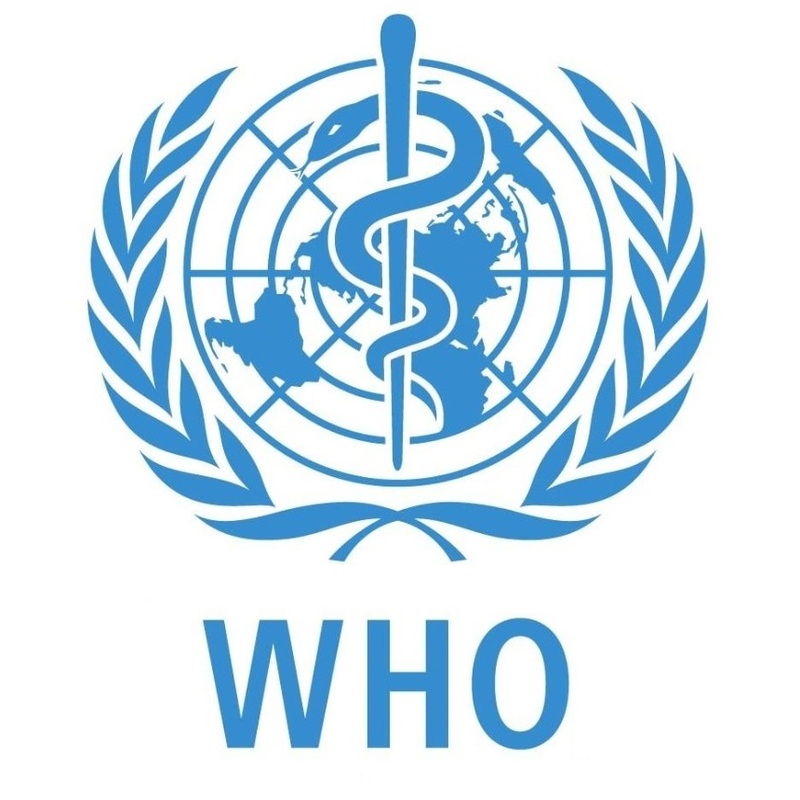The World Health Organisation (WHO) has highlighted the need to support millions facing starvation and disease in the Horn of Africa.
WHO Director General, Dr. Tedos Ghebreyesus, said this while speaking at a news conference from WHO headquarters in Geneva on Wednesday.
Ghebreyesus said drought, conflict, climate change, and increasing prices for food, fuel, and fertilizer, are all contributing to the lack of access to sufficient food.
The countries affected are Djibouti, Ethiopia, Kenya, Somalia, South Sudan, Sudan, and Uganda.
“Hunger and malnutrition pose a direct threat to health, but they also weaken the body’s defenses and open the door to diseases including pneumonia, measles, and cholera,” he explained.
Ghebreyesus said the crisis was forcing some people to choose between paying for food and healthcare while many are migrating in search of food, which can put them at increased risk of disease.
WHO has provided more than $16 million from an emergency fund to address needs, but more support is required.
The agency is appealing for $123.7 million which will be used to prevent and control outbreaks, treat malnutrition, and provide essential health services as well as medicines.
The WHO chief said the drought was compounding the “man-made catastrophe” in the Tigray region of northern Ethiopia, where war has raged for nearly two years.
Some six million people are under siege by Ethiopian and Eritrean forces, he said, “sealed off from the outside world, with no telecommunications, no banking services, and very limited electricity and fuel.”
Related Articles
As a result, they are facing multiple outbreaks of malaria, anthrax, cholera, diarrhea, and other diseases.
“This unimaginable cruelty must end. The only solution is peace,” he said.
He appealed for greater global attention to the situation in Tigray.
“I can tell you that the humanitarian crisis in Tigray was more than (in) Ukraine, without any exaggeration and I said it many months ago, maybe the reason is the color of the skin of the people in Tigray”.
Meanwhile, a senior WHO official has underscored the agency’s readiness to respond to any potential nuclear incident in Ukraine.
Dr. Michael Ryan, Executive Director, was answering a journalist’s question regarding the deteriorating situation around the Zaporizhzhia Nuclear Power Plant.
WHO has been involved with the Ukrainian authorities since the beginning of the war, he said, including through the International Atomic Energy Agency (IAEA).
“We’re in constant communication with the IAEA and remain ready as a member of the UN system to react if there’s a need to react.
“A nuclear accident obviously would be catastrophic in the situation, to human life, and to the environment, so we do remain concerned about that.
“We’re guided by our colleagues at the IAEA, and will continue to offer medical response support to them and to the Government of Ukraine,’’ Ryan said.








